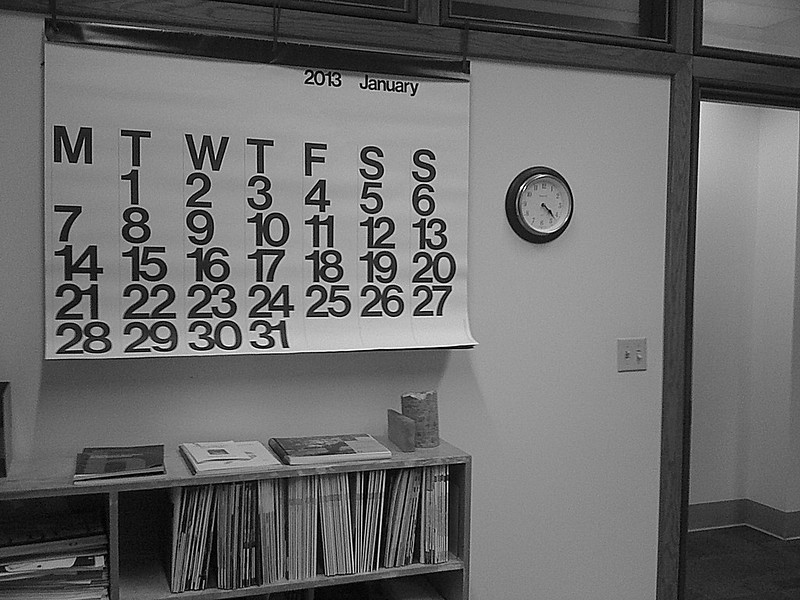While the Social Security Disability application process can be complex and time-consuming, staying organized, informed, and patient can significantly reduce stress.
It’s no secret that applying for Social Security Disability (SSD) benefits can be an overwhelming and stressful process. The application involves detailed paperwork, medical evaluations, and often long waits for a decision. Additionally, many applicants feel anxious about the potential for delays, denials, or the complexity of the forms. However, there are several ways to reduce the stress and increase your chances of a successful application.
In this blog post, we’ll share with you some valuable tips for managing stress throughout the Social Security Disability application process. Let’s dive in!
1. Start Early and Get Organized
One of the best ways to lessen stress is by being prepared. The SSD application process requires various forms of documentation, including medical records, employment history, and other personal details. Begin gathering these materials as soon as possible and create a file or folder to keep track of all the necessary documents. These include your medical records, doctor’s notes, diagnostic tests, and any treatment plans. The more organized you are upfront, the smoother the application process will go.
2. Understand the Process
The SSD application process can be lengthy, and many applicants get discouraged when they don’t receive immediate feedback. Understanding the steps involved, from initial application to hearing, can help ease some of that stress and provide a clearer sense of what to expect. By knowing the steps ahead of time, applicants can mentally prepare for the waiting periods and potential setbacks, helping reduce stress and uncertainty along the way.
3. Stay in Contact with Your Medical Providers
To support your claim, you will need detailed medical records that prove your disability and how it affects your ability to work. Keep a clear line of communication with your doctors and specialists. Ensure that they understand your situation and can provide the necessary documentation. It’s important to follow through with all recommended treatments, as consistent medical care strengthens your claim.
4. Consider Hiring a Social Security Disability Attorney
Hiring a Social Security Disability attorney, like those from Horn & Kelley, PC Attorneys at Law, can take a significant burden off your shoulders. They are experienced in navigating the complex application process and can help ensure that your paperwork is correctly filled out and submitted on time. Moreover, an attorney can represent you at hearings if your case is denied. Many disability attorneys offer free consultations, and if they agree to take your case, they are usually paid a percentage of your back pay, so there are no upfront costs.
5. Practice Patience and Manage Expectations
The SSD process can take months or even years, depending on your case and the region in which you apply. It’s crucial to manage your expectations and remain patient. While waiting, consider taking up activities that help manage stress, such as gentle exercise, meditation, or hobbies that you enjoy. Taking care of your mental and emotional well-being is just as important as managing your physical health during this time.
6. Lean on Your Support Network
Having a support system can make a significant difference in how you cope with the stress of applying for SSD. Family, friends, and support groups can provide encouragement, assist with logistics, and offer emotional support. Don’t hesitate to ask for help when you need it. In addition, connecting with others who are going through the same process can provide insight and reduce feelings of isolation.
7. Track Deadlines and Follow Up Regularly
The SSD application process involves many deadlines and forms that need to be completed on time. Missing deadlines can lead to unnecessary delays or denials. Use a calendar or reminder system to keep track of important dates, such as submission deadlines, hearings, and appointments. If you haven’t heard from the Social Security Administration in a while, follow up to check the status of your application.

While the Social Security Disability application process can be complex and time-consuming, staying organized, informed, and patient can significantly reduce stress. By understanding the steps involved, gathering the necessary documentation early, and seeking help when needed, you can streamline the process and improve your chances of success.
Whether it’s leaning on a supportive network or working with an experienced attorney, taking proactive steps can make a world of difference in managing the challenges ahead. Ultimately, maintaining a positive mindset and focusing on your well-being will help you navigate this journey with greater resilience.


Join the conversation!